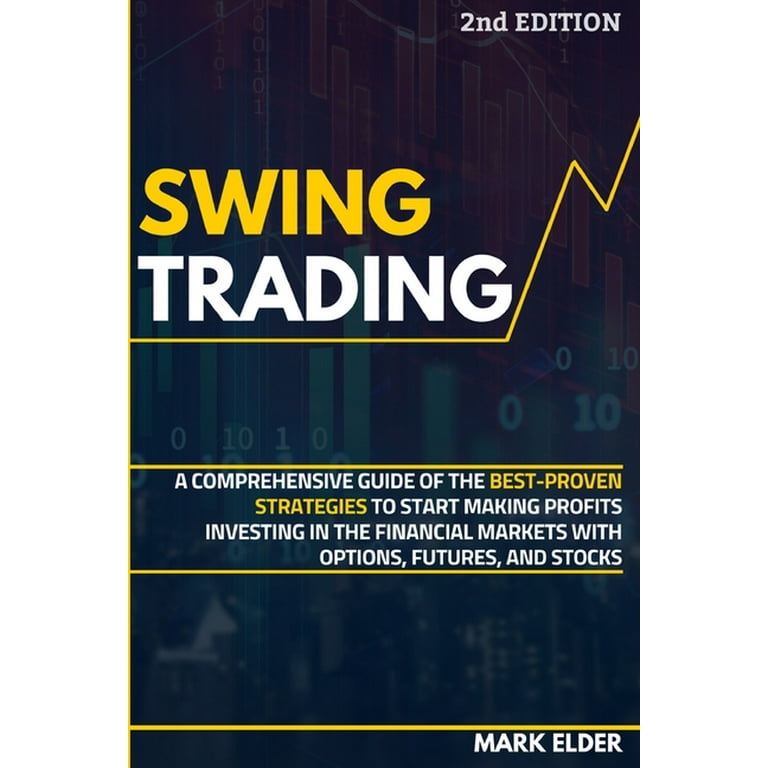An option in stock trading is a financial instrument that gives traders the right, but not the obligation, to buy or sell a specific amount of shares of a stock at a predetermined price within a certain period of time. It is essentially a contract between two parties, the buyer and the seller, with the buyer having the option to exercise the contract or let it expire worthless.

Credit: fastercapital.com
Types of Options
There are two types of options: call options and put options. A call option gives the buyer the right to buy the underlying stock at the strike price within a specific time frame, while a put option gives the buyer the right to sell the underlying stock at the strike price within a specific time frame.
How Options Work
Options provide traders with flexibility and leverage. Traders can use options to speculate on the price movements of stocks, protect their positions from adverse price movements, or generate income through various option strategies.
Example:
Let’s say an investor believes that the price of a certain stock will increase in the next month. Instead of buying the stock outright, the investor can purchase a call option on that stock. If the stock price does indeed rise, the investor can exercise the call option and buy the stock at the predetermined strike price, even if the market price is higher. On the other hand, if the stock price decreases, the investor can simply let the call option expire and limit their losses to the premium paid for the option.
Key Terminologies in Options Trading
| Term | Definition |
|---|---|
| Strike Price | The predetermined price at which the underlying stock can be bought or sold. |
| Expiration Date | The date at which the option expires and becomes worthless if not exercised. |
| Option Premium | The price paid by the buyer to the seller for the right to buy or sell the underlying stock. |
| Option Contract | The standardized agreement that represents the rights and obligations of the buyer and seller of the option. |

Credit: www.amazon.com
Risks Involved
Trading options involve risks that traders should be aware of. The price of options can be affected by various factors such as market volatility, time decay, and changes in the price of the underlying stock. It is important to have a thorough understanding of how options work and to implement risk management strategies to mitigate potential losses.
Frequently Asked Questions On What Is An Option In Stock Trading: A Comprehensive Guide.
What Is Option Trading With Example?
Option trading involves buying or selling contracts giving the right to buy/sell an asset at a set price. For example, purchasing a call option for Company ABC stock at $50. If the stock rises above $50, the call option can be exercised for profit.
How Do Options Work In Stocks?
Stock options give you the right to buy or sell shares at a set price within a specific time.
What Is An Example Of A Stock Option?
A stock option gives the right, but not the obligation, to buy or sell a stock at an agreed-upon price and date.
Is It Better To Trade Options Or Stocks?
Trading options offers higher risk and reward potential than stocks, with the chance to double or triple your investment in a short timeframe.
Conclusion
Options offer traders an alternative way to participate in the stock market and can provide opportunities for profit and risk management. However, it is crucial for traders to educate themselves about options and develop a sound trading strategy before engaging in options trading. It is always recommended to seek advice from a financial professional when venturing into the world of options trading.

